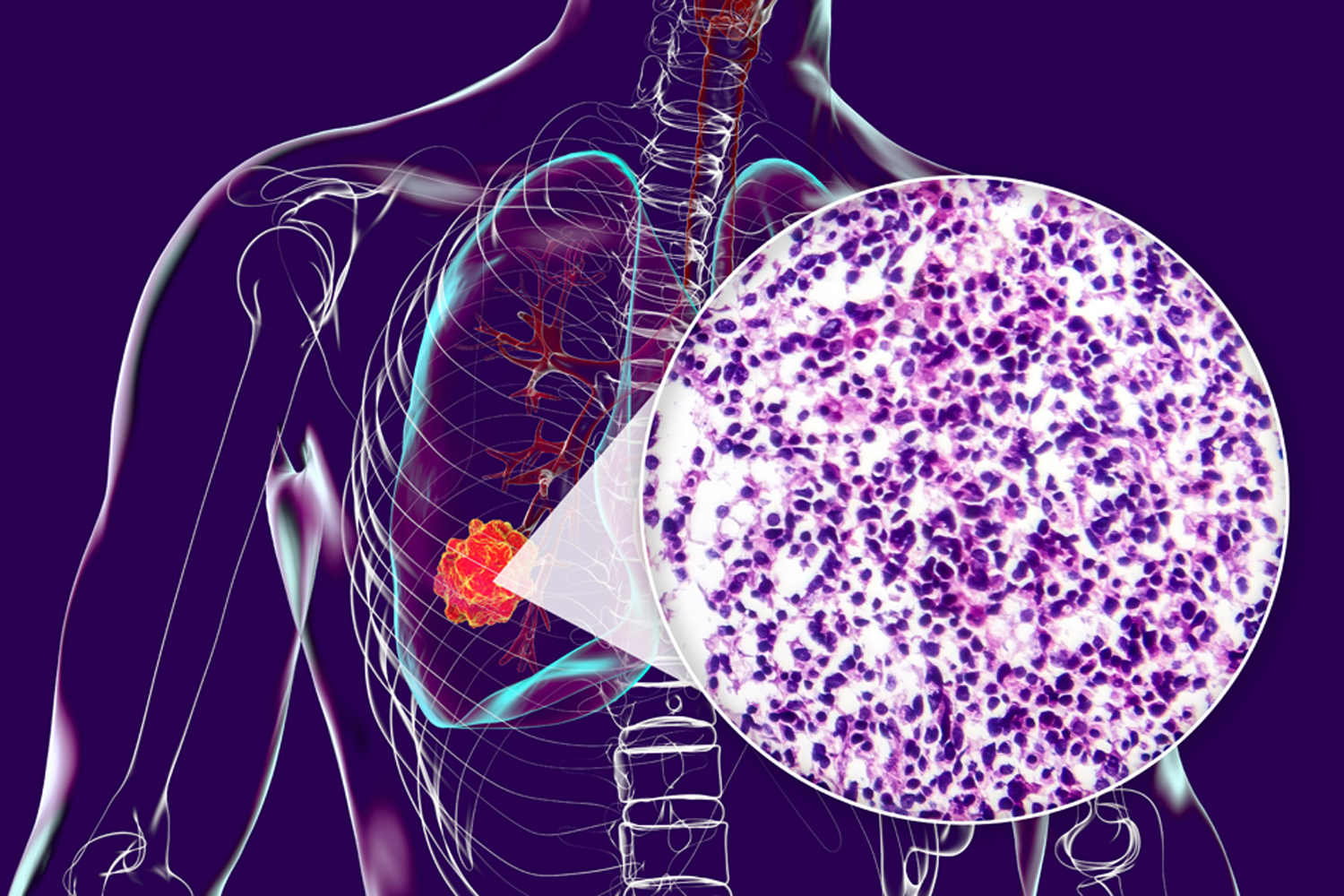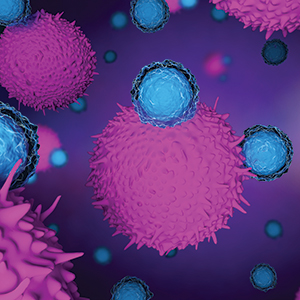-
Forward Look
A Matter of AgeCell and molecular biologist Ashani Weeraratna discusses how older patients respond to immunotherapy.
by Sue Rochman
-
Forward Look
Treating Head and Neck Skin CancersA study suggests high-risk patients do not need chemotherapy.
by Stephen Ornes
-
Forward Look
In Women, Lung Cancer Rates Are Rising WorldwideLung cancer deaths are set to surpass breast cancer deaths in many regions.
by Cameron Walker
-
2018 SABCS: Choosing the Right Treatment
Studies presented at the 2018 San Antonio Breast Cancer Symposium investigate when patients with early-stage breast cancer or precancerous breast conditions benefit from receiving less intense treatment.
by Kate Yandell
-
Treating Cancer Based on Its Genetics, Not Its Location
Medical oncologist and sarcoma specialist George D. Demetri explains the significance of the recent approval of the oral drug Vitrakvi based on tumor genetics.
by Anna Azvolinsky
-
Reinforcements for Cancer Research
Scientific meeting emphasizes the importance of patient advocates in helping researchers to reduce cancer health disparities.
by Marci A. Landsmann
-
Guiding Care
Medical oncologist Gabrielle Rocque explains the role of clinical practice guidelines in breast cancer care.
by Anna Azvolinsky
-
Does Medicaid Expansion Have an Impact?
Analysis suggests states that opted for Medicaid expansion had higher use of hormone therapy for breast cancer patients.
by Marci A. Landsmann
-
Achieving Health Equality
National Cancer Institute director Norman “Ned” Sharpless describes the challenge and opportunity of studying cancer disparities.
by Marci A. Landsmann
-
An Uncommon Partnership
Through the Angiosarcoma Project, researchers are partnering with patients to learn about a rare cancer.
by Ashley P. Taylor
Cancer Talk
Lessons From 20 Years Living With Cancer
Multiple myeloma survivor Jonathan Gluck reflects on uncertainty, and the scientific progress that has kept him living with cancer for more than two decades.
by Eric Fitzsimmons
The Enduring Importance of Cancer Disparities ResearchOpening session from AACR conference highlights how perseverance and adversity have informed cancer disparities research over the years.
by Eric Fitzsimmons
Most Cancer Survivors Don’t Meet Healthy Diet GoalsDespite research linking fruits and vegetables to cancer survival, many people do not change their eating habits after diagnosis.
by Darlene Dobkowski
Many People Don’t Get Colonoscopy After Receiving Abnormal Blood TestsAbout half of people who receive abnormal results from colorectal cancer screening tests don’t follow up with a colonoscopy.
by Laura Gesualdi Gilmore















